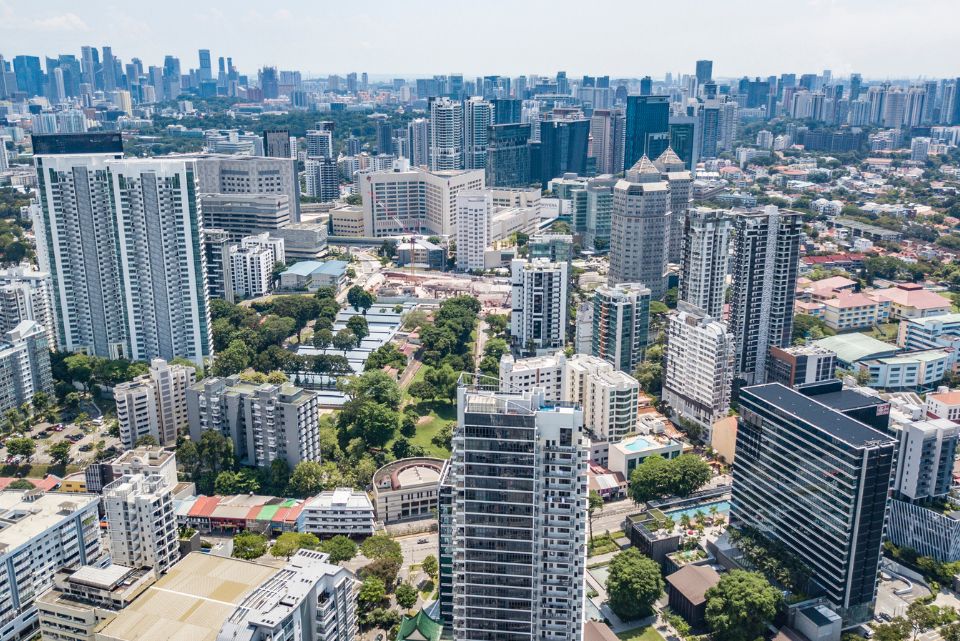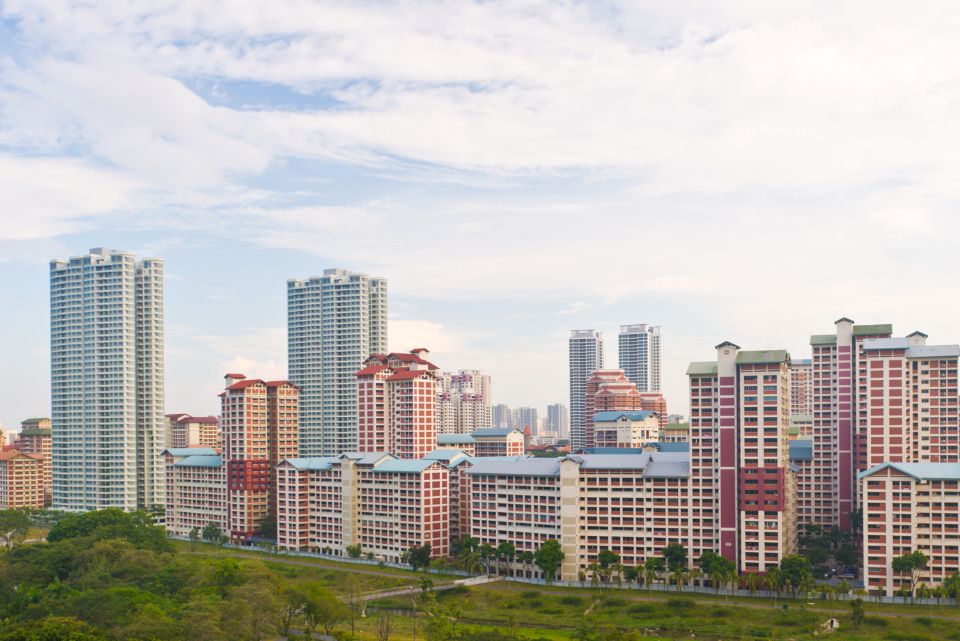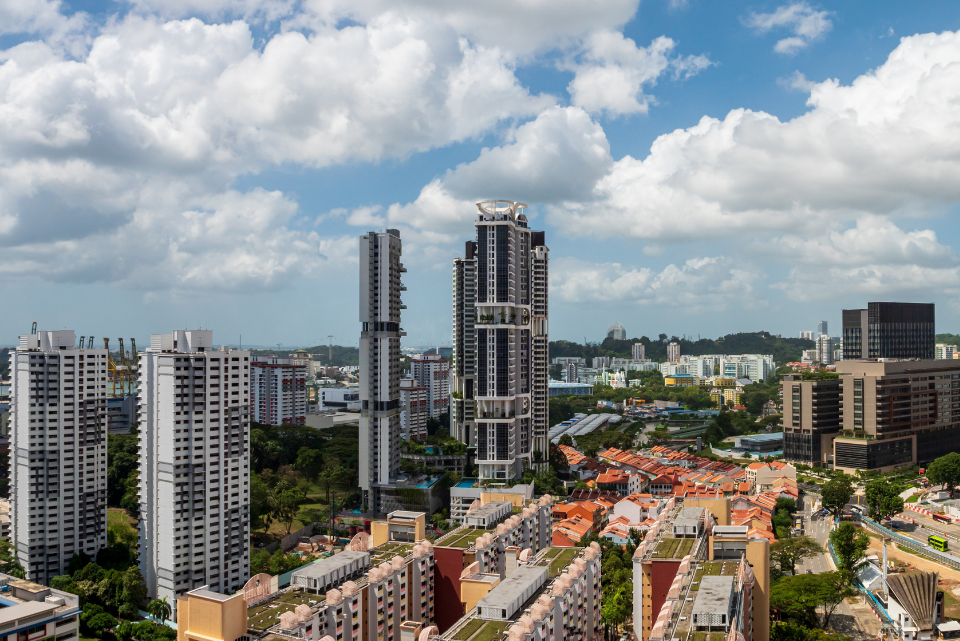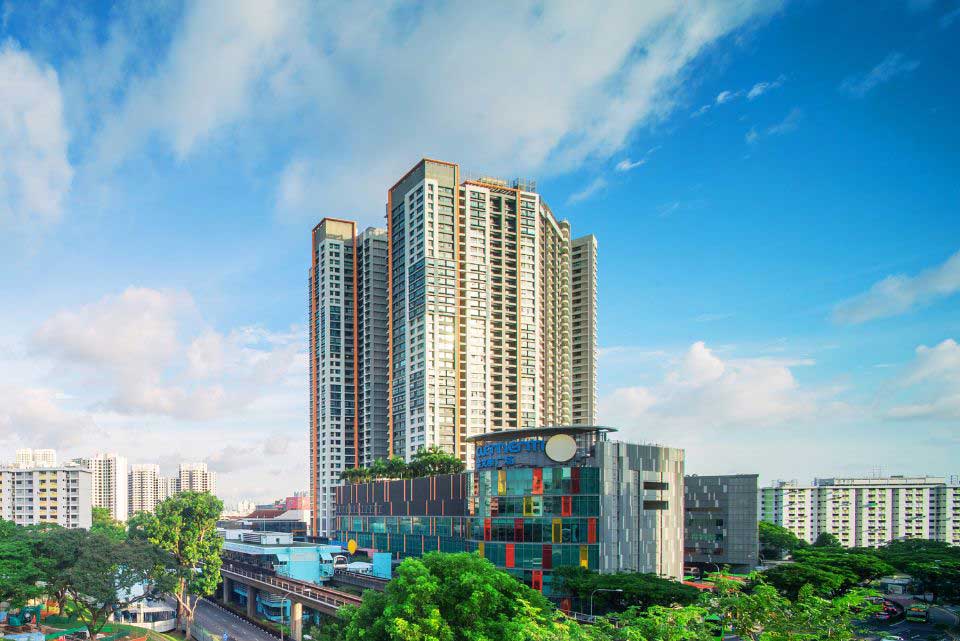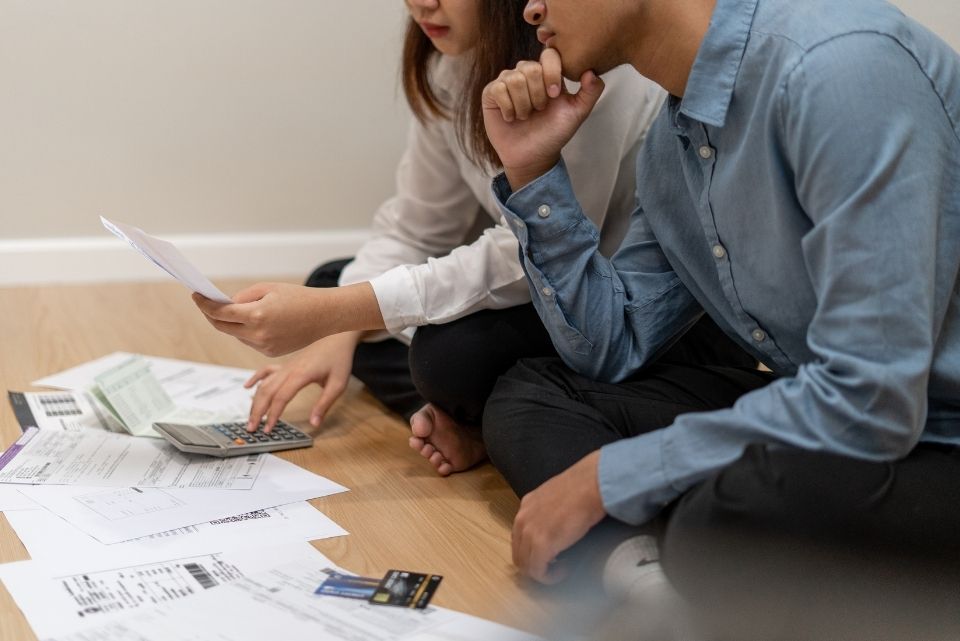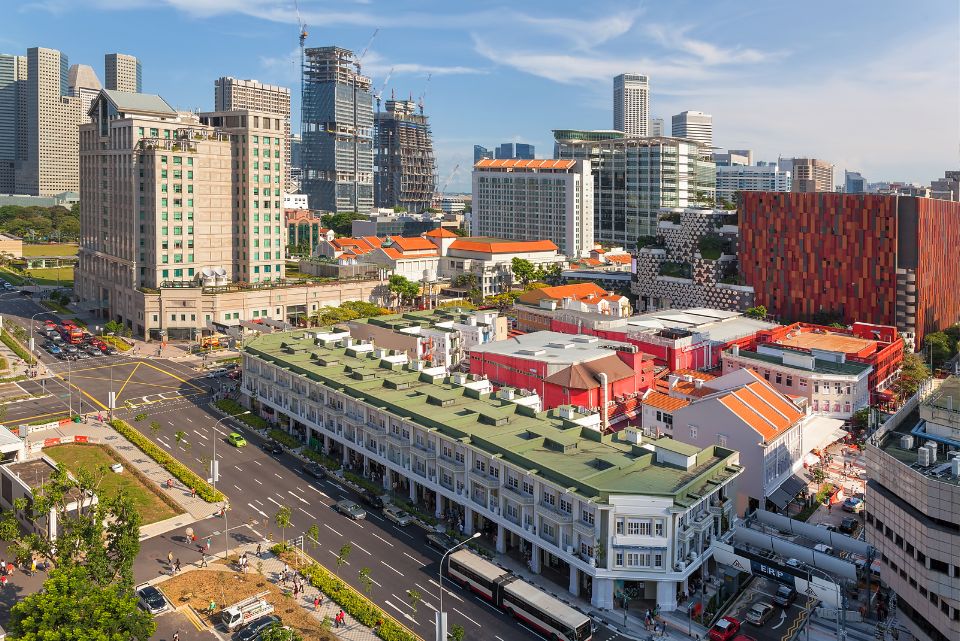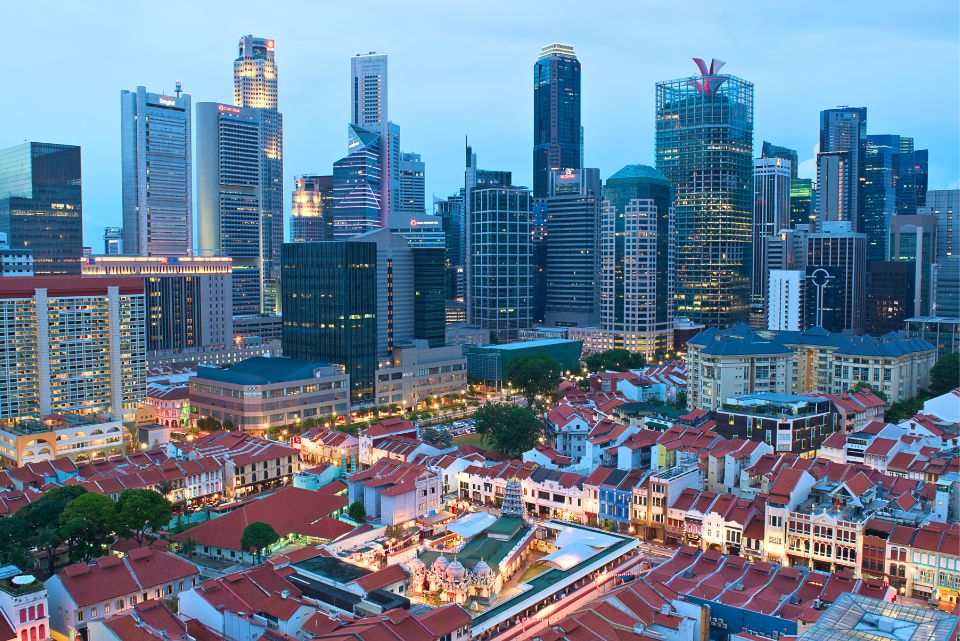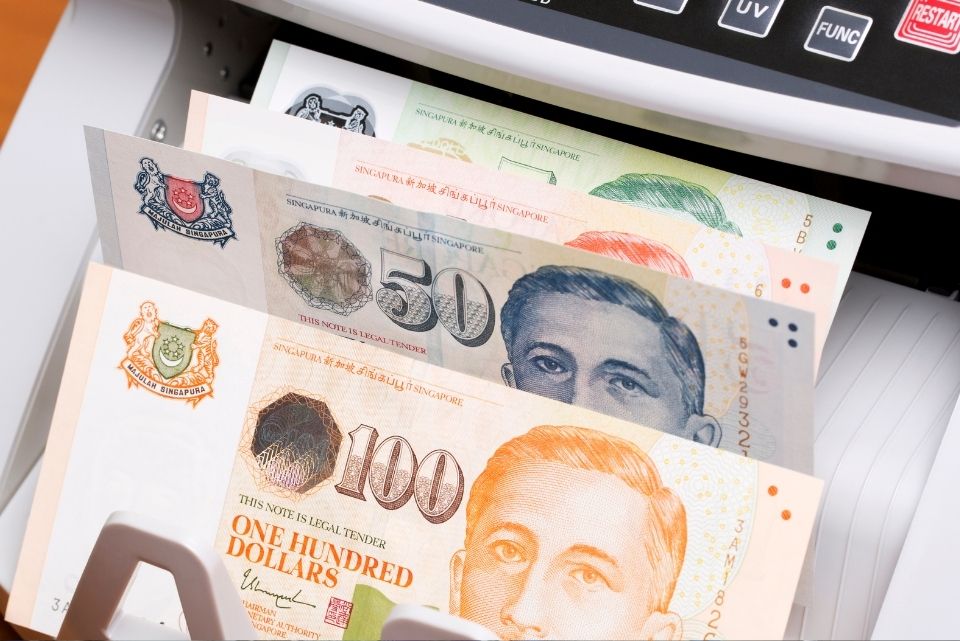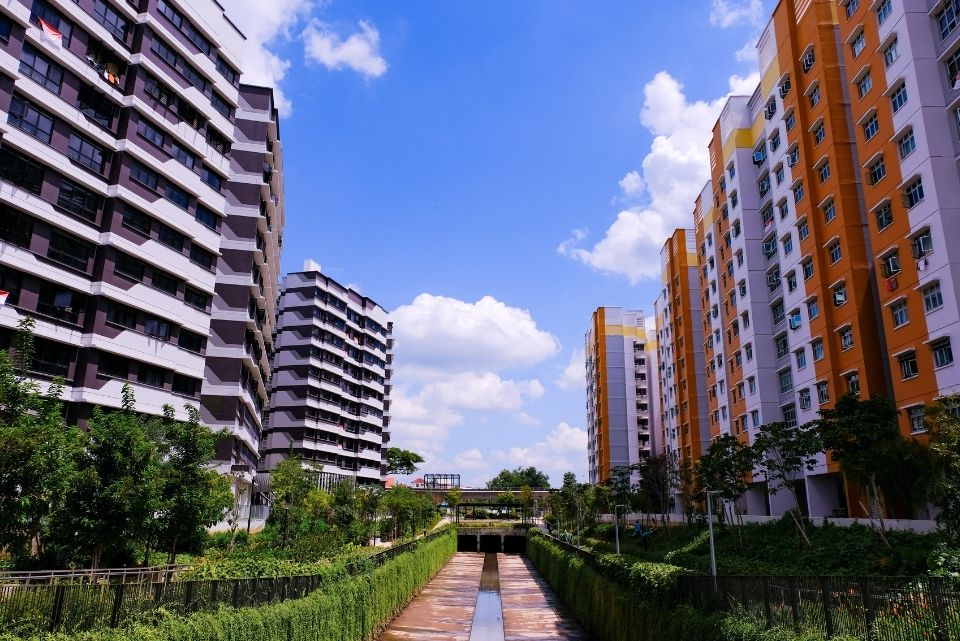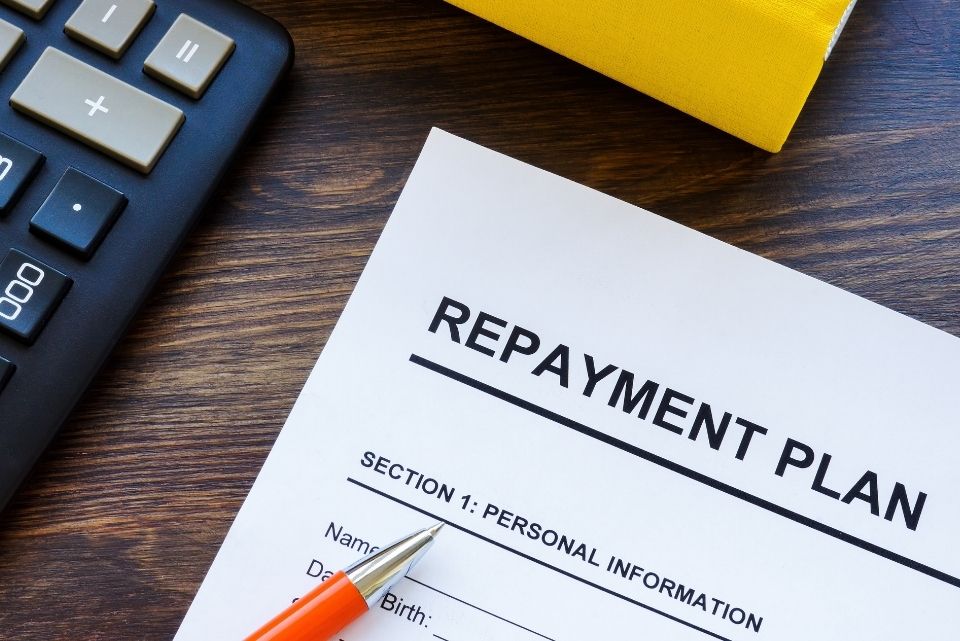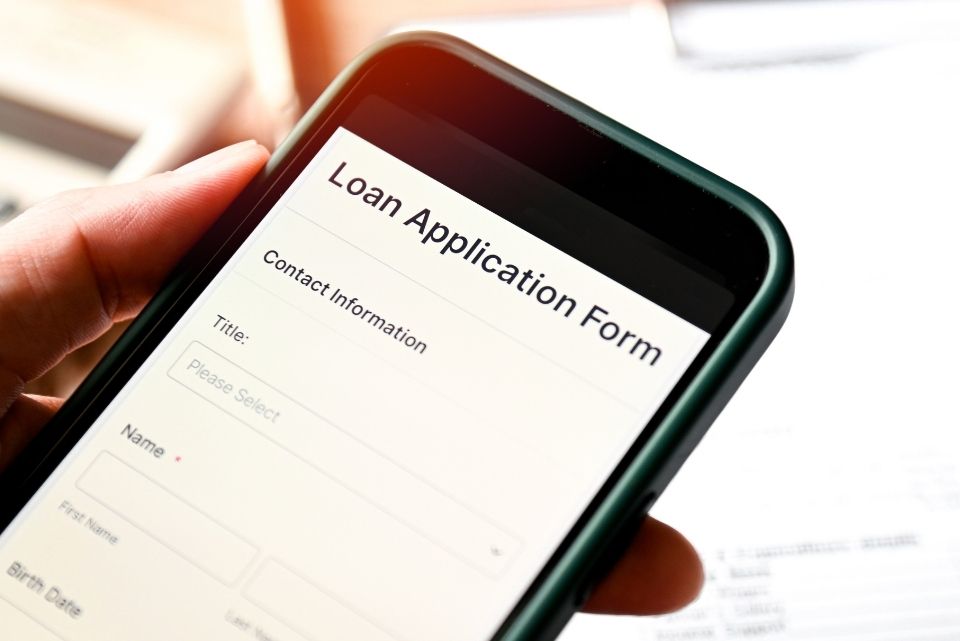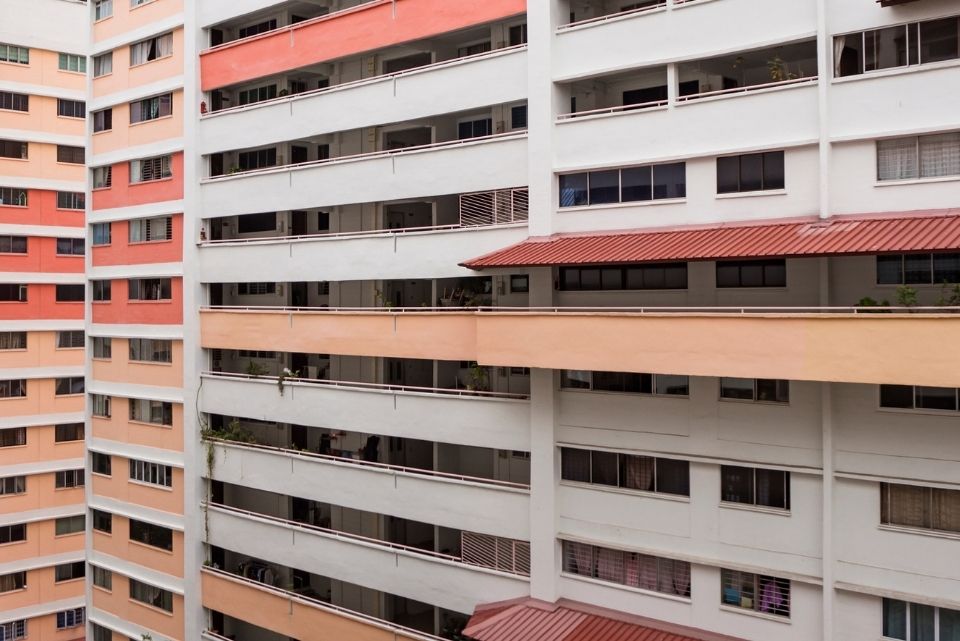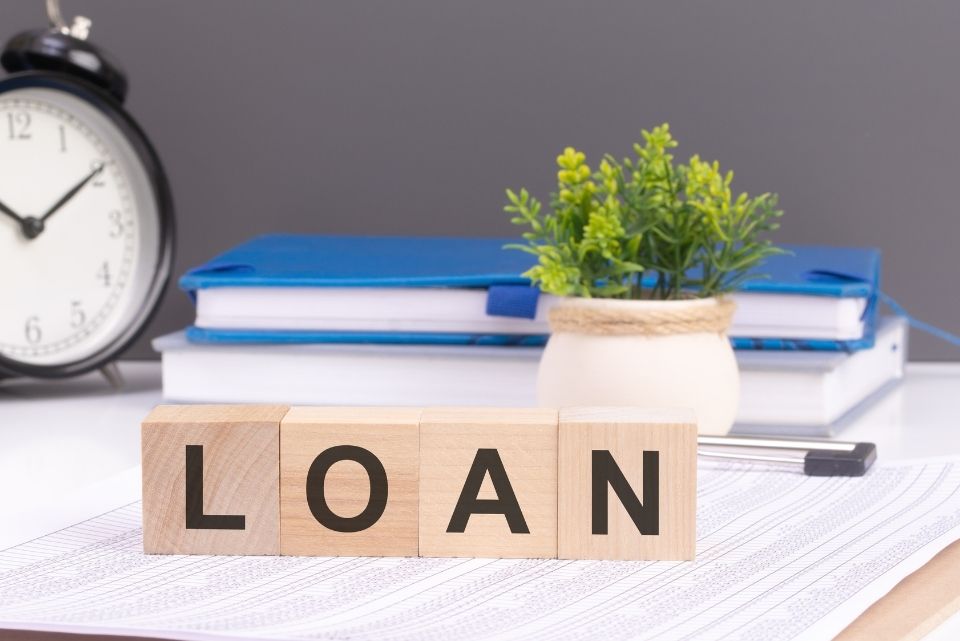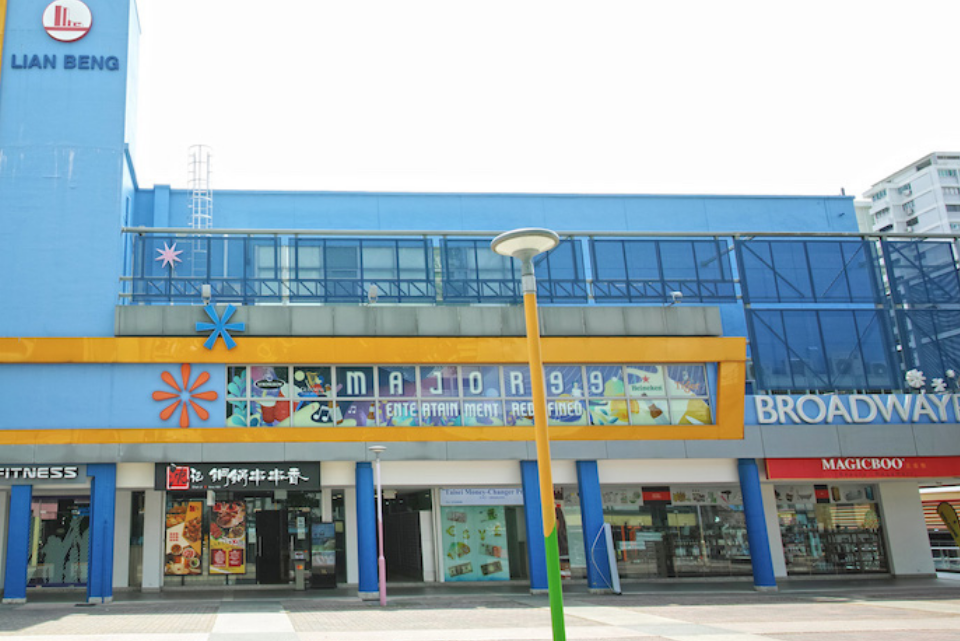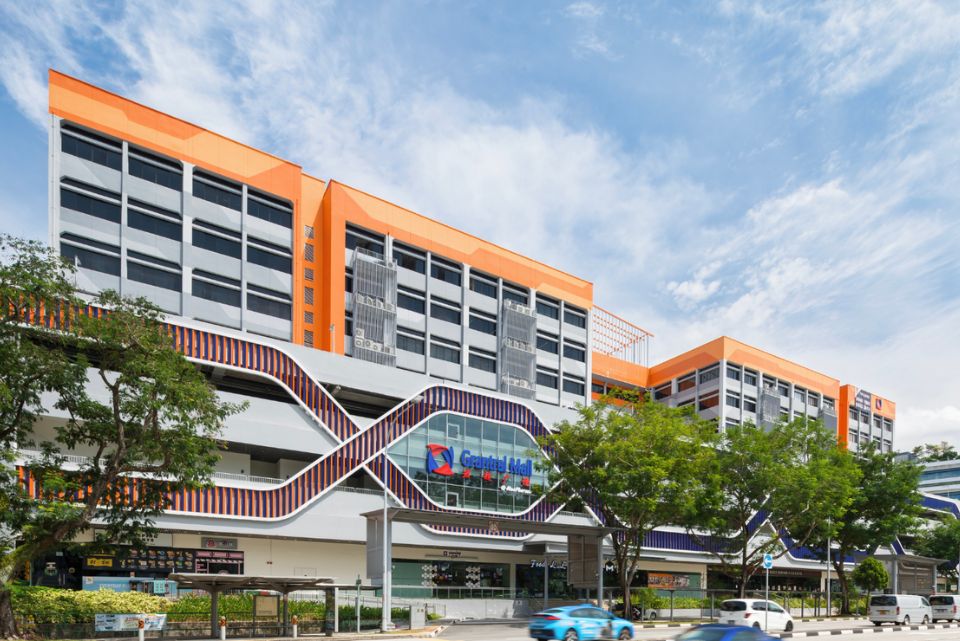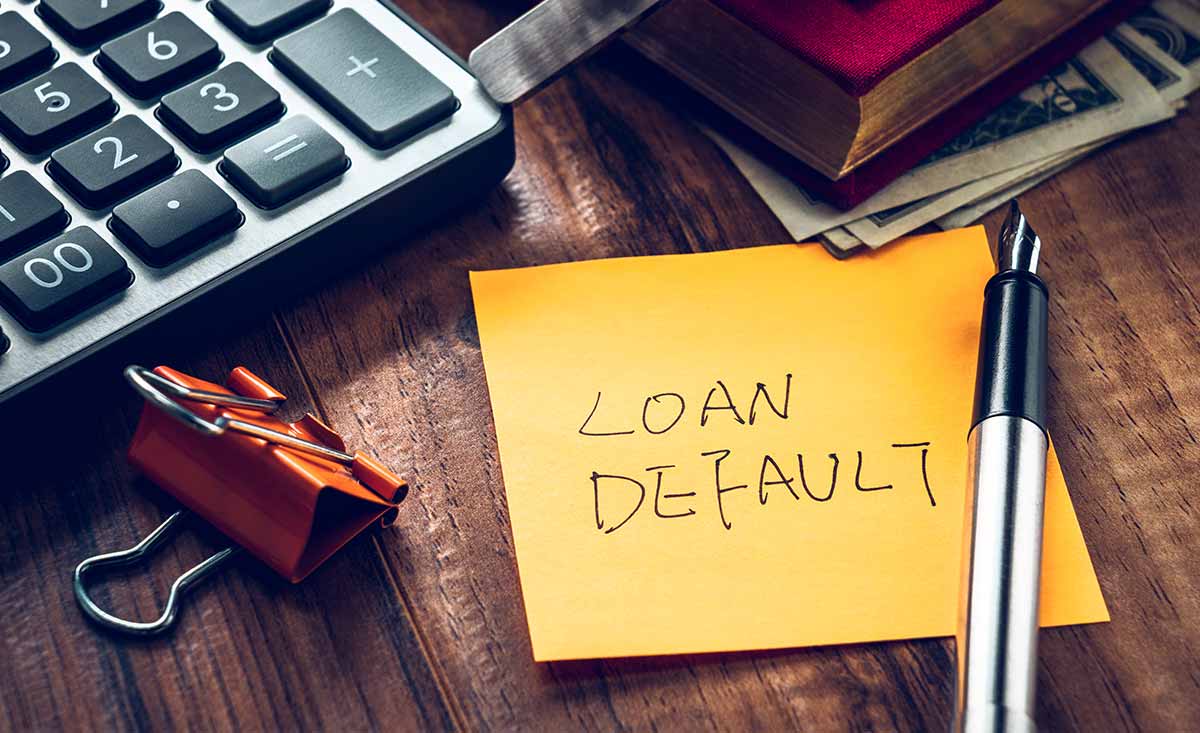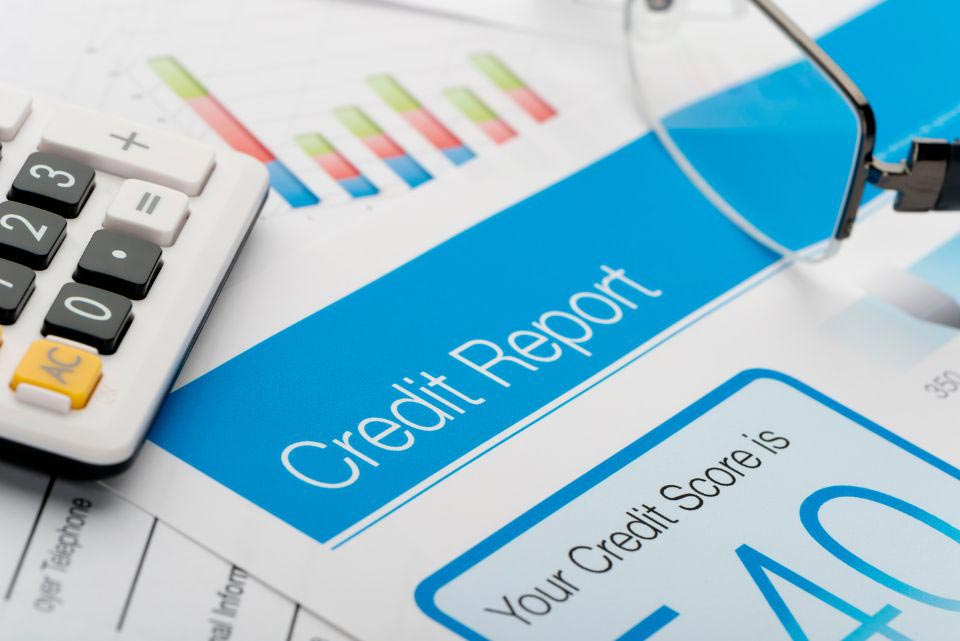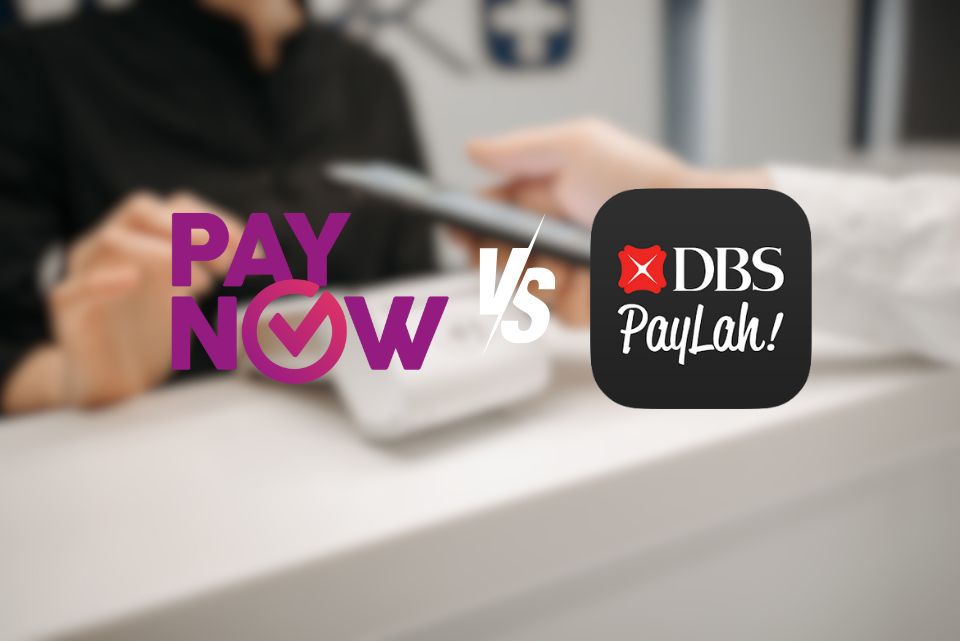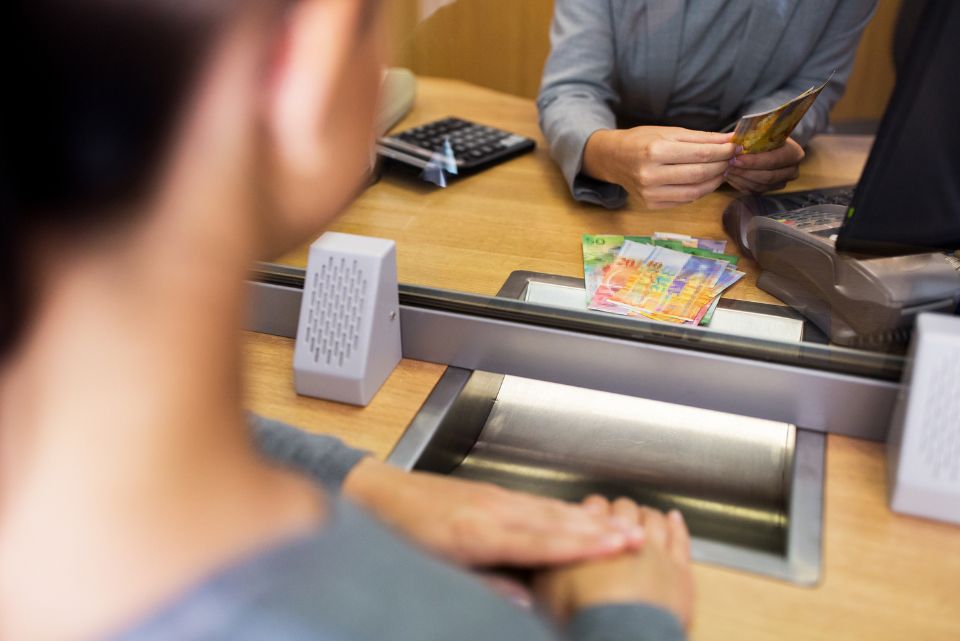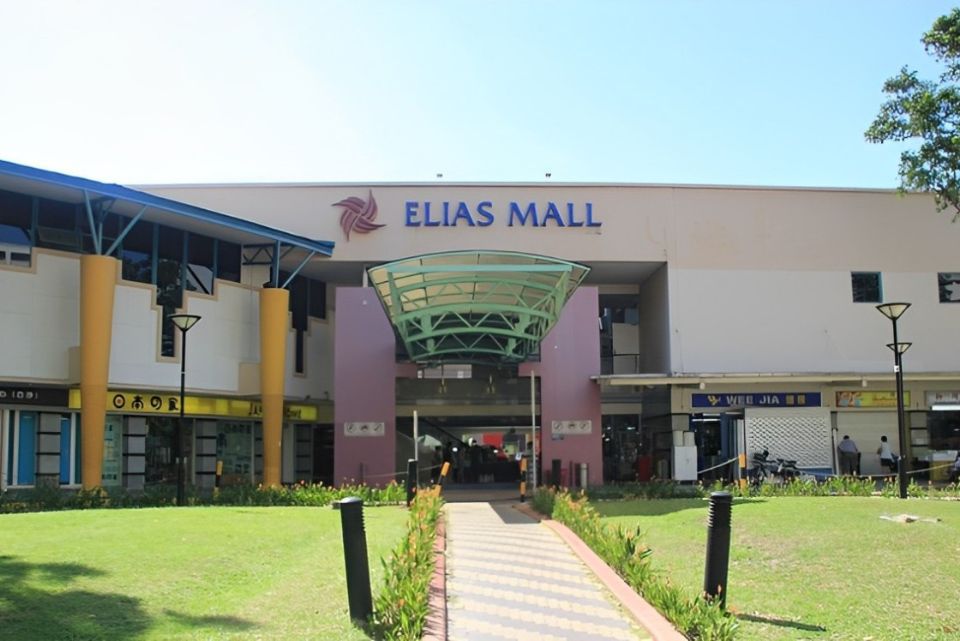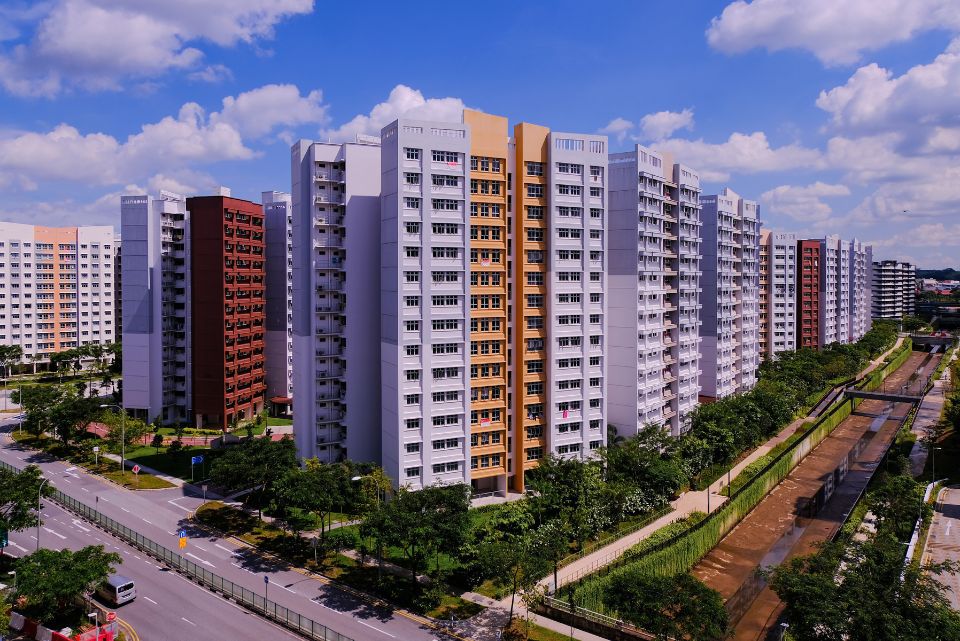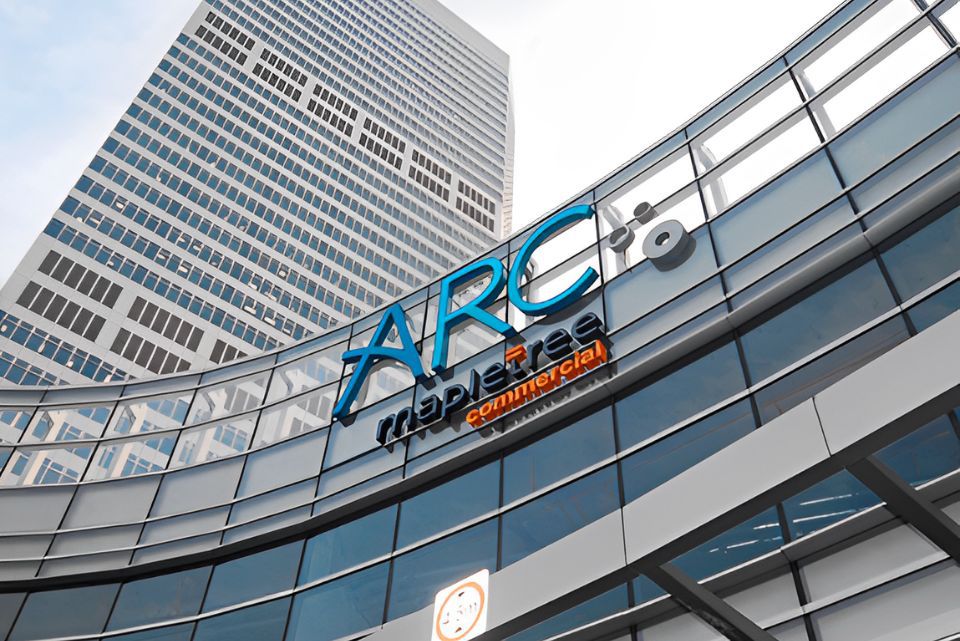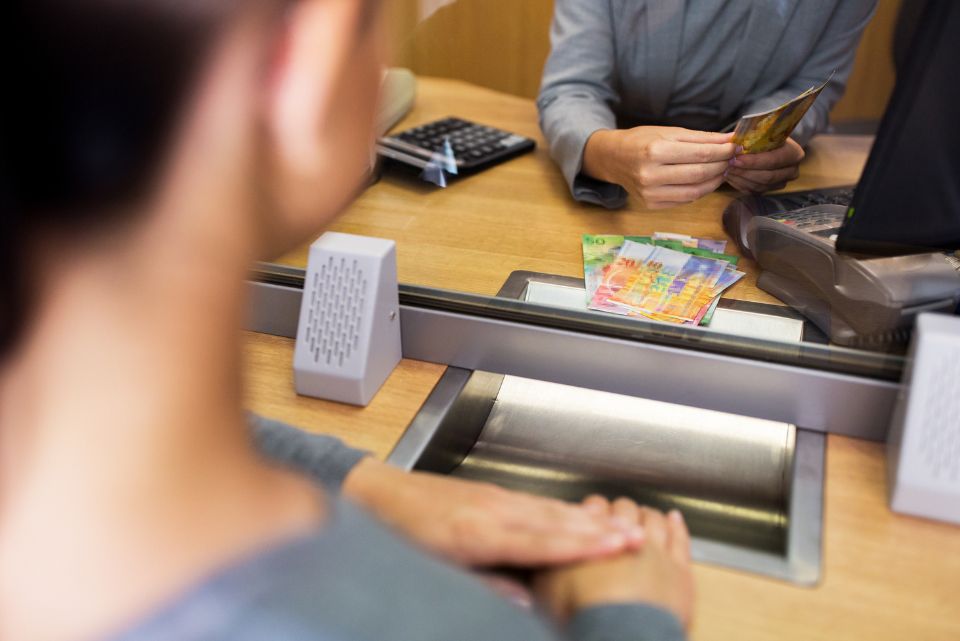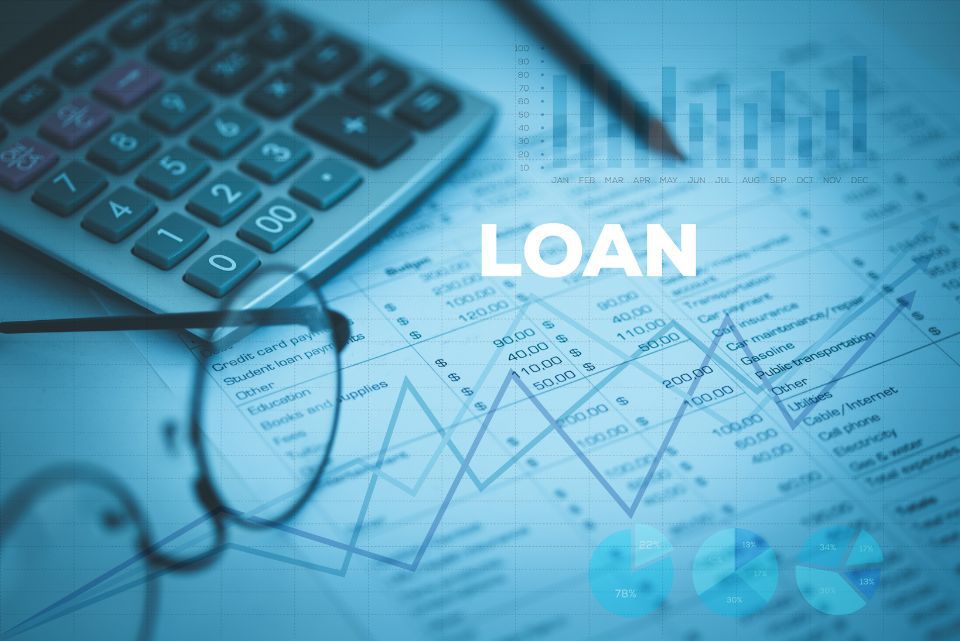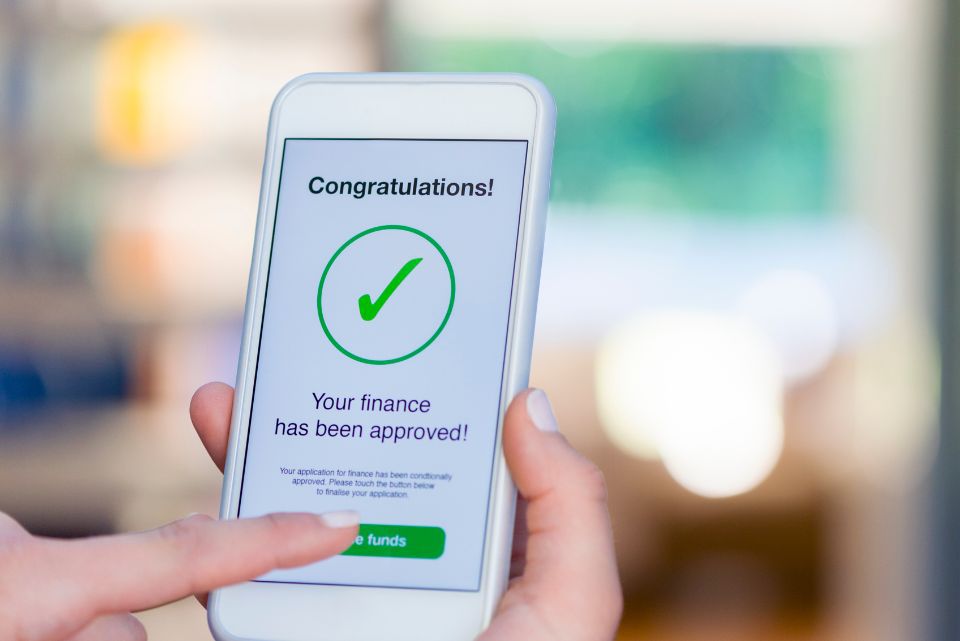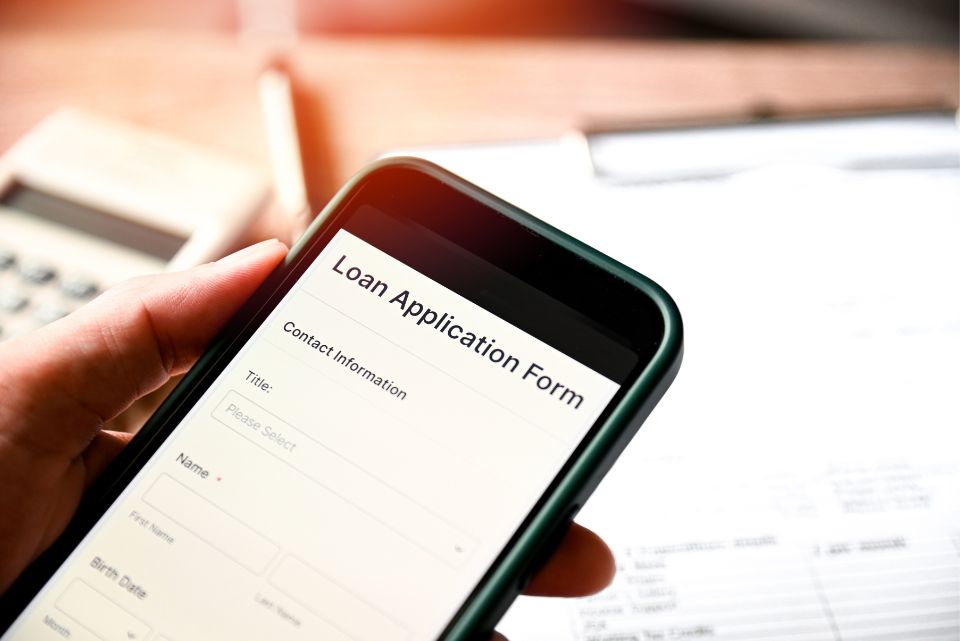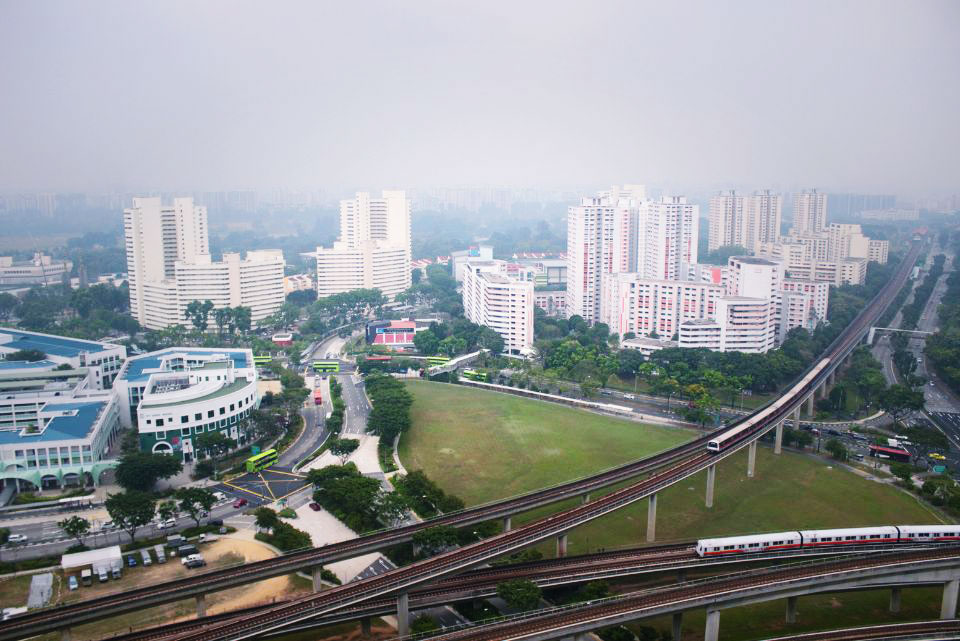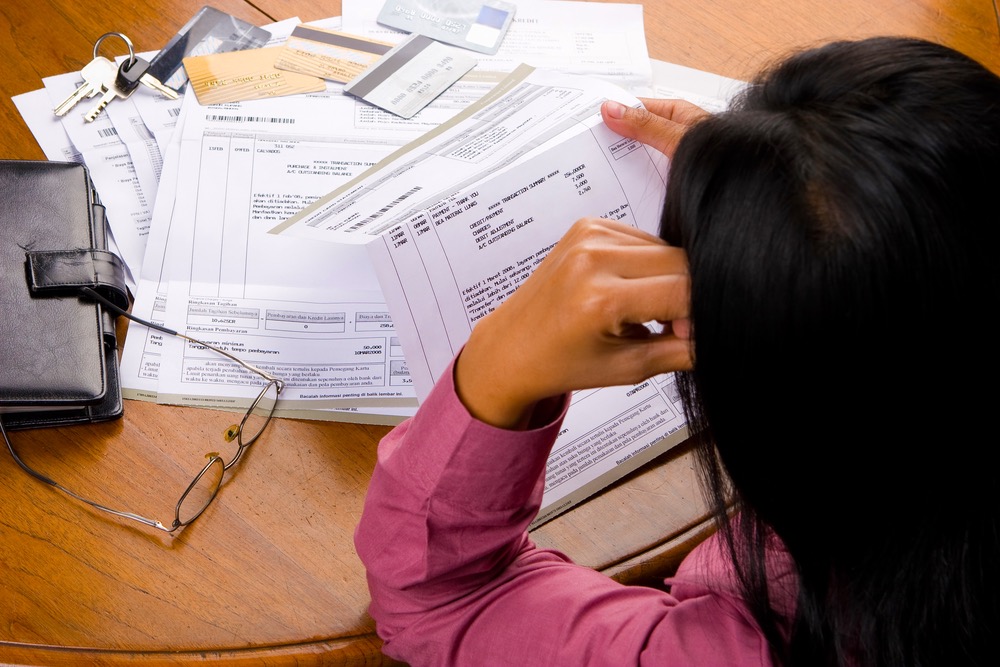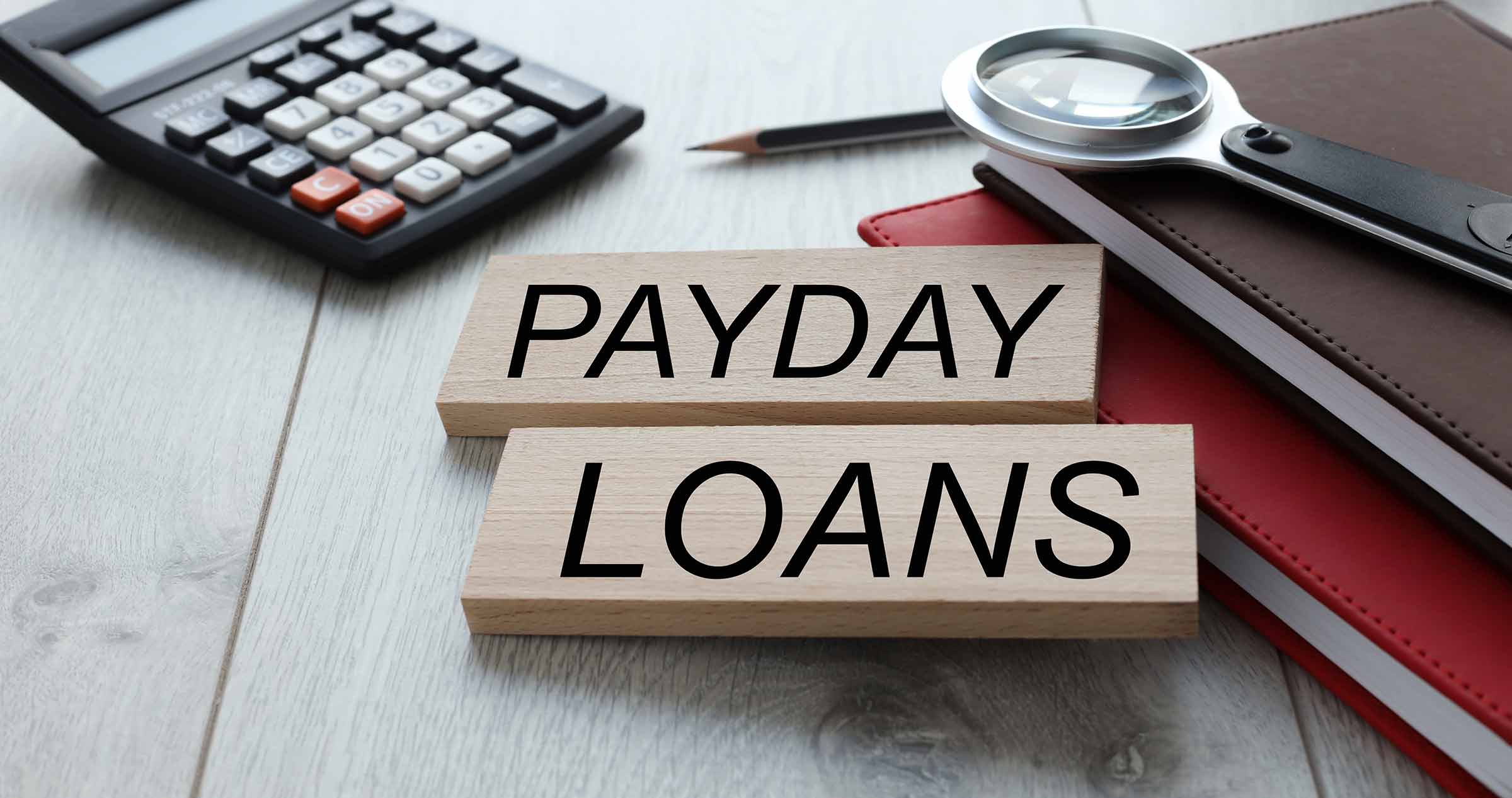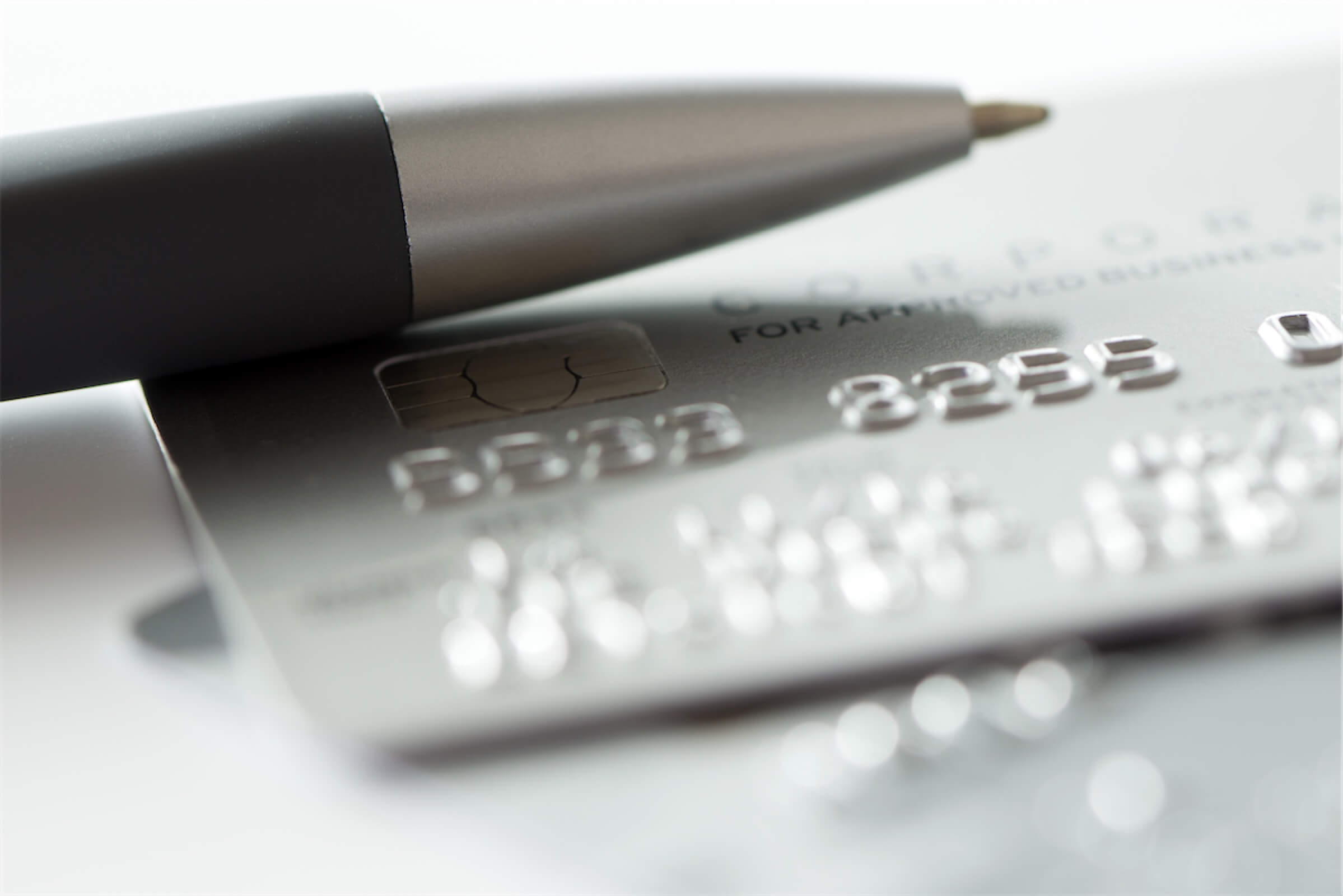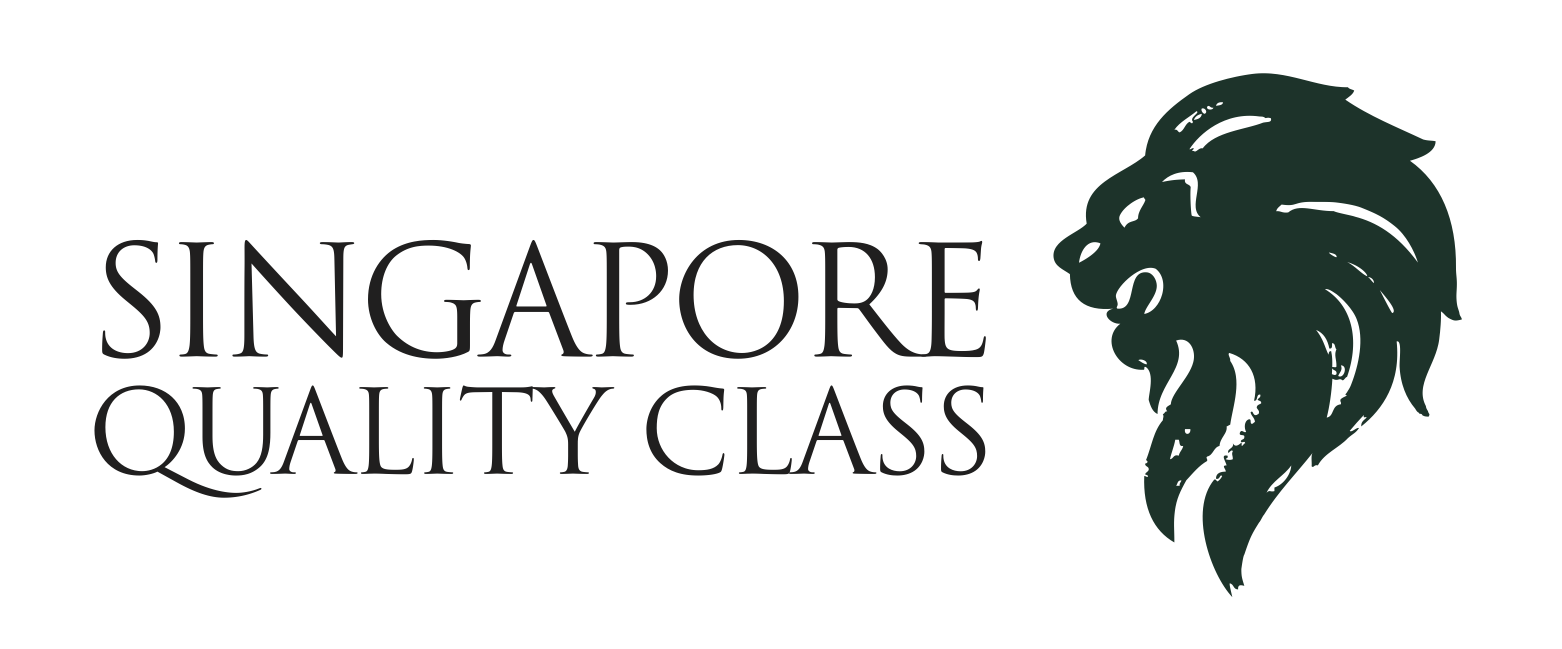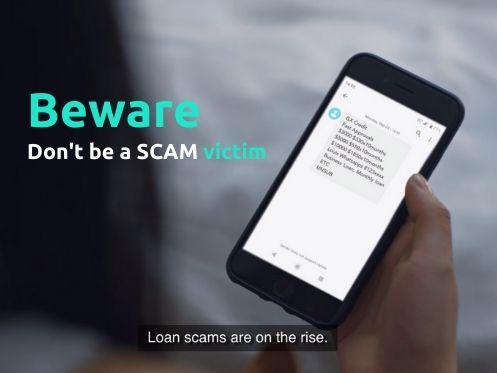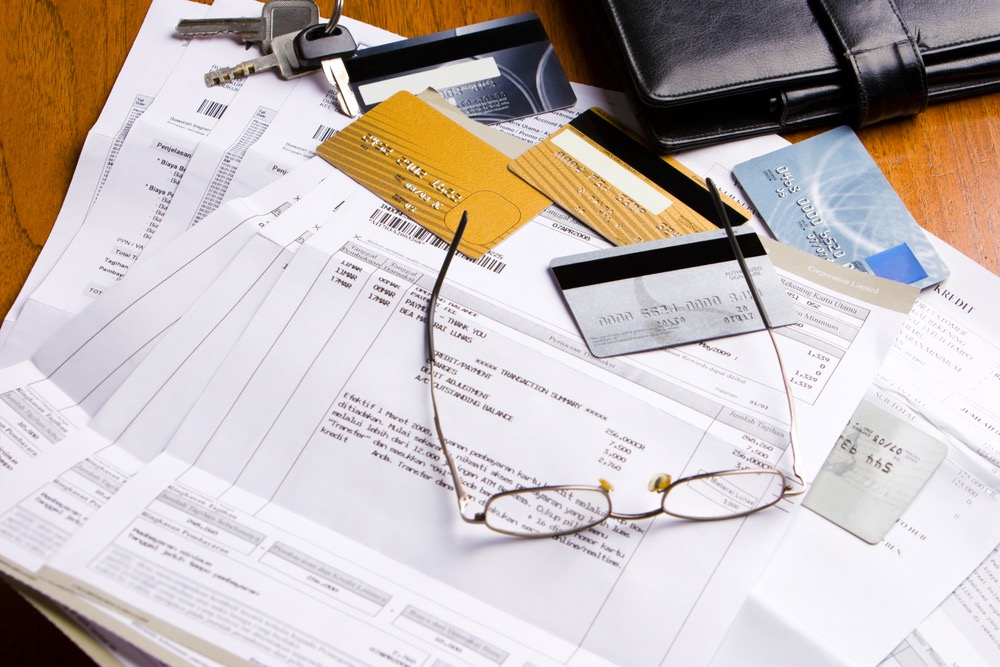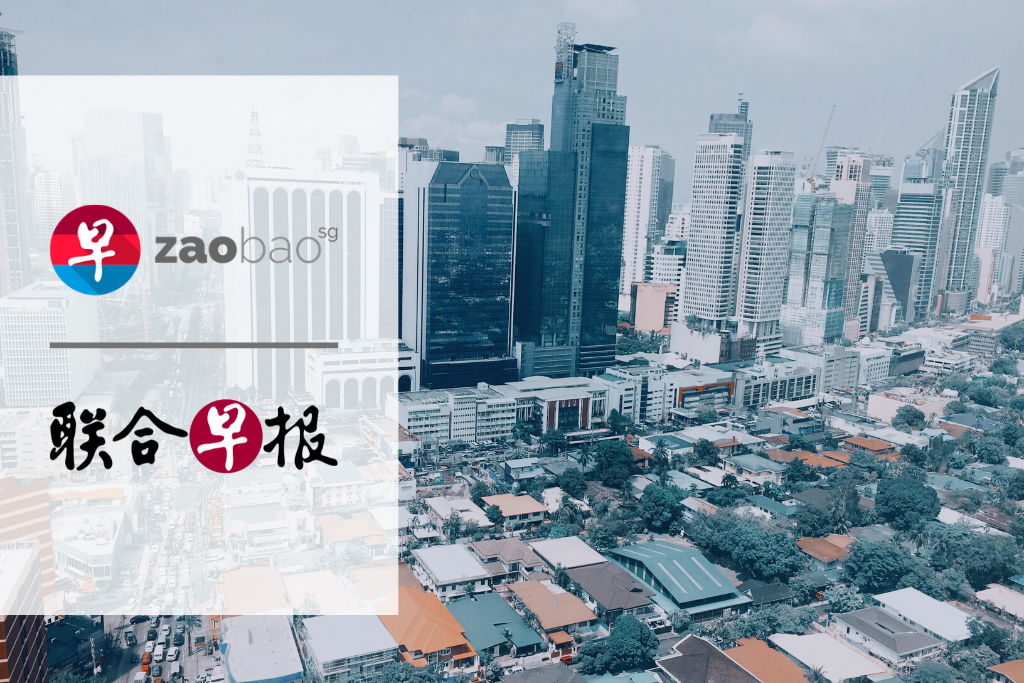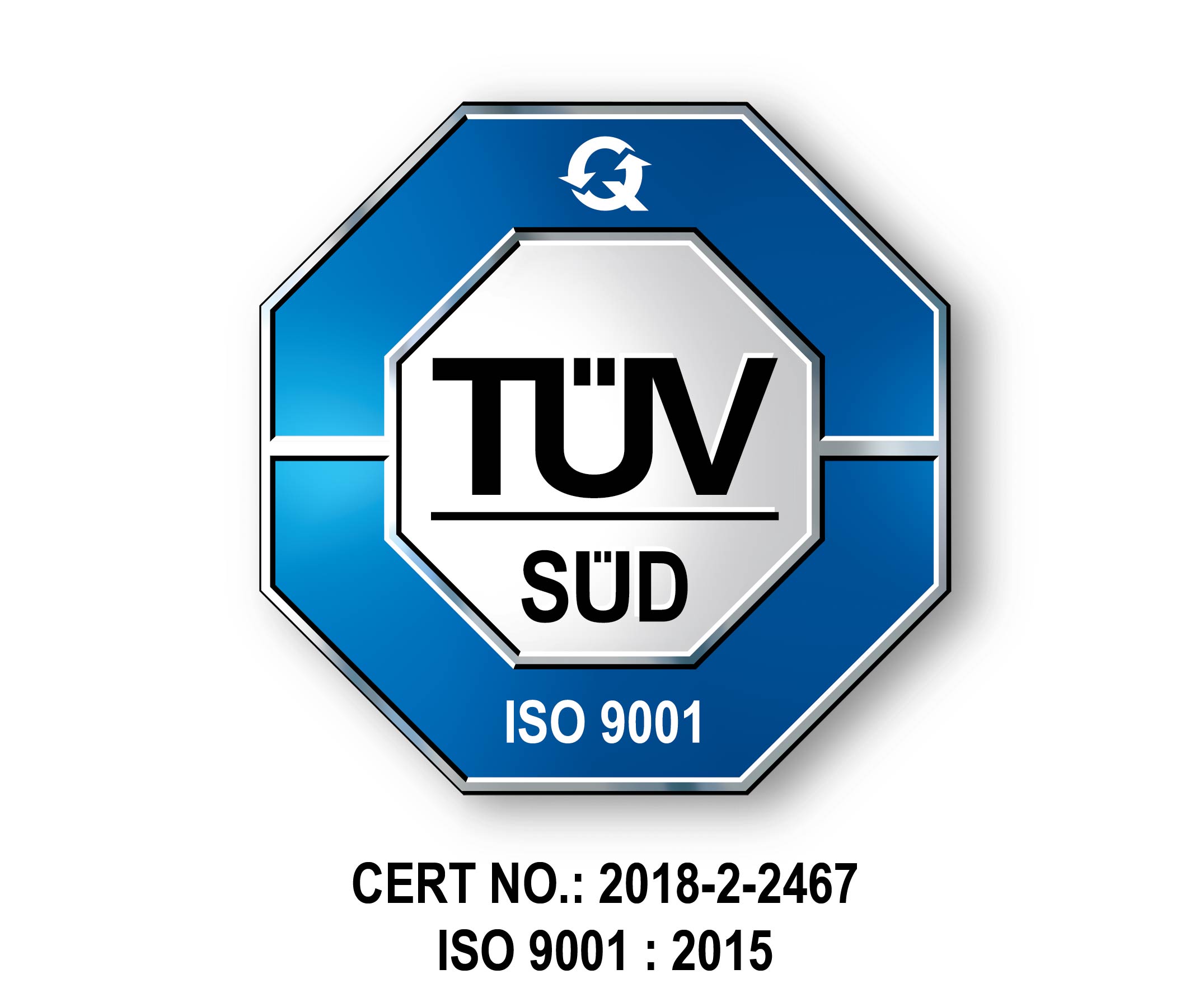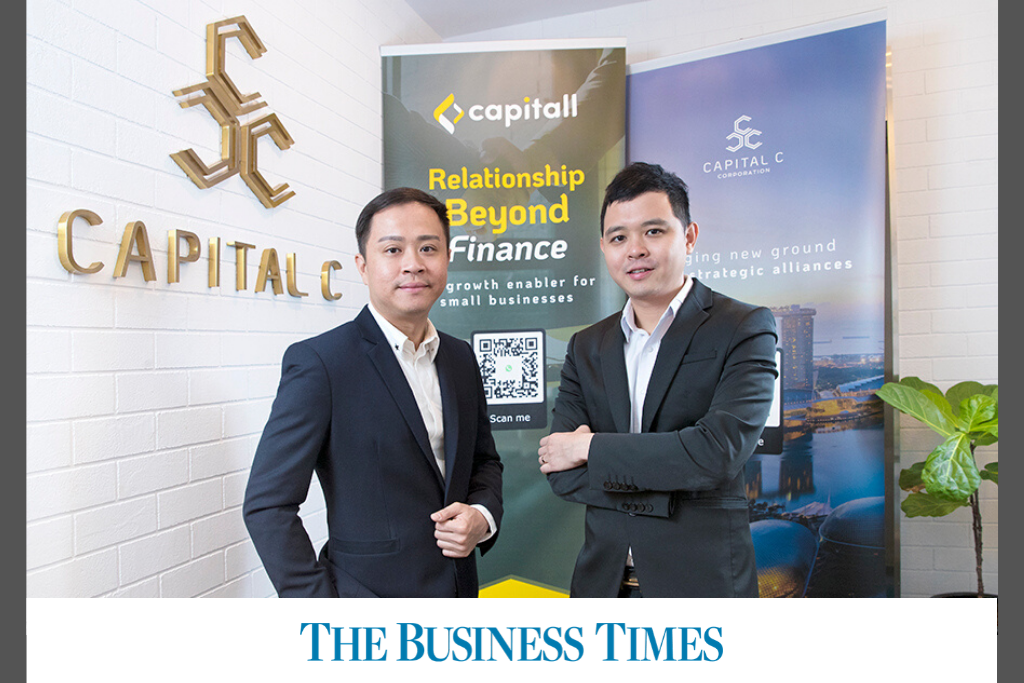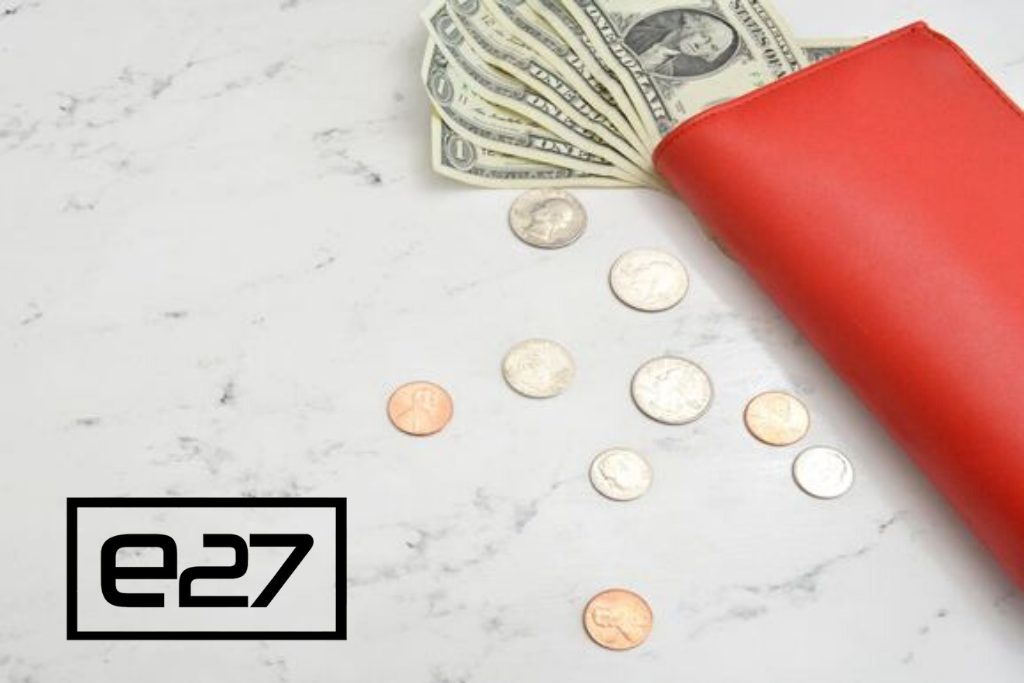
When we need cash, some of us consider taking personal loans to get through the tough period. Unfortunately, it can be difficult to get a personal loan in Singapore when you’re unemployed.
Don’t worry, though. There are alternatives to personal loans in Singapore that you can take up, even if you’re unemployed. This article is here to lend you a hand.
Main Things To Consider Before You Take A Personal Loan
When you need money urgently, getting a personal loan might be helpful. Before jumping into applying for a loan, here are a few important things you need to consider.
1. Your Credit Score
Credit scores are important numbers that banks and licensed moneylenders look at when approving a loan. They include various important information such as borrowing records, number of accounts across banks, as well as payment history on past and ongoing loans.
Your credit score affects your chances of getting your personal loan approved. If your credit score is high, it will be easier for you to get a loan. Having a high credit score increases the likelihood of getting your loan approved.
This is because a good credit score assures lenders that you’re a responsible borrower who has the means to repay the loan. If your credit score is poor, there’s a high chance that your personal loan application will be rejected.
In Singapore, banks access their consumers’ credit scores from the Credit Bureau Singapore (CBS), while licensed moneylenders get them from the Moneylenders Credit Bureau (MLCB).
Here’s how the CBS’ credit score system looks like:
| Score Range | Risk Grade | Probability of Default | |
| Min | Max | ||
| 1911 – 2000 | AA | 0.00% | 0.27% |
| 1844 – 1910 | BB | 0.27% | 0.67% |
| 1825 – 1843 | CC | 0.67% | 0.88% |
| 1813 – 1824 | DD | 0.88% | 1.03% |
| 1782 – 1812 | EE | 1.03% | 1.58% |
| 1755 – 1781 | FF | 1.58% | 2.28% |
| 1724 – 1754 | GG | 2.28% | 3.46% |
| 1000 – 1723 | HH | 3.46% | 100.00% |
Source: Credit Bureau Singapore
If you’ve been making your loan repayments on time and don’t have a lot of open credit facilities, you’re more likely to have a high credit score.
Let’s say that you have a high credit score of 1945; this means that your risk grade is “AA” and that your probability of default is low from 0.00% to 0.27%. With a lower chance of default, you’ll have a higher chance of getting your personal loan approved.
2. Total Cost Of The Loan
Another consideration you need to make before getting a personal loan in Singapore is to calculate the total cost of the loan. This includes interest rates as well as any administrative fees.
In general, banks and licensed moneylenders will have their own set of interest rates and administrative fees. These interest rates and fees will make a huge difference in your overall repayment amount, which can range from hundreds to thousands of dollars.
Be sure to do your calculations before signing the loan contract. If you’re unsure of the math, seek clarification from your loan officer.
Learn more on what else to consider when applying for a personal loan here.
3. Eligibility Criteria
In Singapore, you’ll need to be at least 21 years old to apply for a loan.
Other than age, banks and licensed moneylenders will also look at your income. This is to ensure that you have the money to repay the loan.
For most banks in Singapore, they require borrowers to have an annual income of at least S$30,000. This can be a tough requirement to meet, especially when your income isn’t that high or when you’re unemployed.
However, licensed moneylenders such as Crawfort might be able to help. With Crawfort, you can take up a loan even if your annual income is less than S$20,000.
Unfortunately, if you are unemployed and aren’t able to produce a proof of income, your personal loan application in Singapore might be rejected. Not to worry, here’s how you can increase your chances of getting your loan approved.
Read on to find out more reasons why your personal loan application might be rejected.
To get the money you need, you might want to consider the following alternatives instead.
Alternatives To Taking Up A Personal Loan In Singapore For When You’re Unemployed
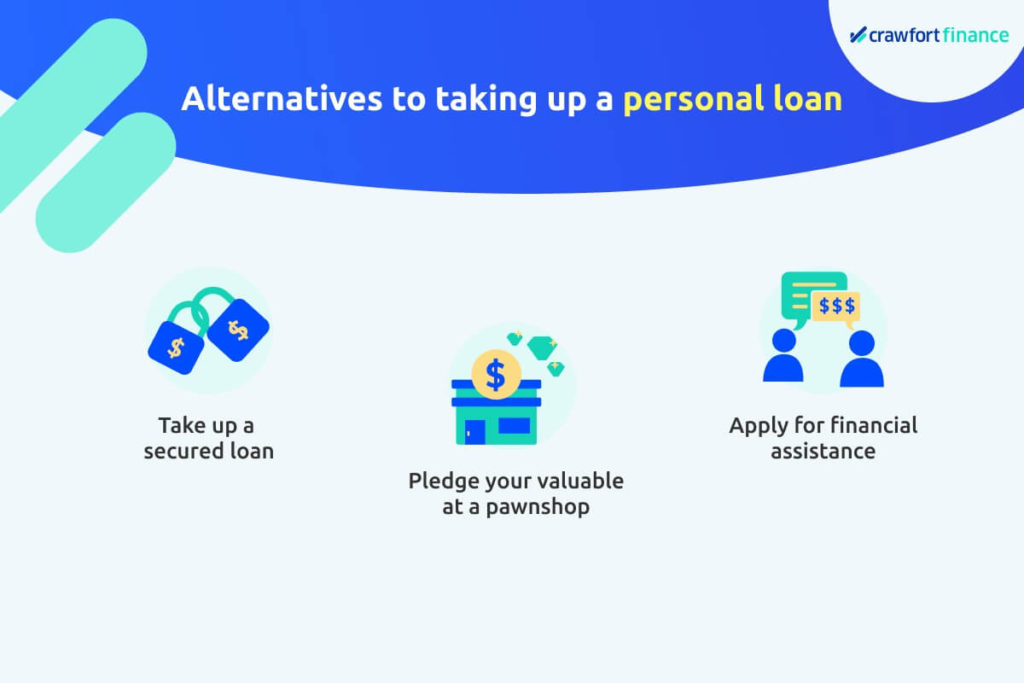
Consider taking a secured loan to increase your chances of getting a loan.
Being unemployed can be tough. It’s even tougher when you have urgent bills to pay but can’t get a cash loan for it. However, it’s important to remember that all is not lost.
Here are a few alternatives to a cash loan for unemployed that you can consider.
Consider Taking A Secured Loan
Most personal loans are unsecured loans. This means that you don’t need to provide any collateral when you borrow the money.
Banks and licensed moneylenders usually approve unsecured loans based on your income and credit score. This is one of the reasons why it’s important to maintain a high credit score.
On the other hand, if you’re currently unemployed and can’t provide proof of income, you can consider applying for a secured loan instead. This is when you can use your assets as collateral. For example, you can use your property or your car to back up your loan application.
Using your assets to back up your application is also helpful if your annual income does not meet the minimum requirement.
Go To A Pawnshop

Pledging your watch at a pawnshop is one alternative to taking up a personal loan in Singapore for when you’re unemployed or with no bank account.
Have you ever walked past shops displaying lots of branded handbags and jewellery? Or, have you walked past shops that have metal bars separating the staff from their customers?
These are pawnshops, and they might just be able to help you when you’re unemployed. If you need quick cash, pawnshops are a good alternative.
Generally, you can pawn your valuables at the shop in exchange for cash. After pledging your item, the shop will give you cash amounting to 60% to 80% the original value of the item. There will be a receipt issued and you’ll be able to get your item back once you’ve paid back the money.
Like licensed moneylenders, pawnshops allow you access to fast cash, which will be helpful in financial emergencies.
But unlike licensed moneylenders, pawnshops accept valuables such as gold, jewellery, diamonds, watches, and even branded bags to lend you money.
With this alternative to personal loans in Singapore, you don’t have to worry about not having enough money when you’re unemployed. Just make sure that you have something valuable to pledge.
Apply For Government Financial Assistance Such As ComCare
ComCare is part of Singapore’s Ministry of Social and Family Development (MSF). It provides long-term assistance to those who are unable to work and who need help in supporting themselves.
If you are unemployed and require financial help, you can consider approaching ComCare. They might be able to help if you:
- Have little or no family support, savings, or assets for your basic needs
- Are unable to work due to old age, illness, or disability
- Are an elderly whose monthly CPF payout is lower than the prevailing Long-Term Assistance rates
- Are an elderly whose children do not have enough money to support you
- Are a Singapore citizen or permanent resident
You may head over to ComCare’s website or call their hotline at 1800-222-0000 to find out more about their financial assistance.
Here are the eligibility criteria for the Temporary Relief Fund:
- Singapore citizens or permanent residents aged at least 16 years old
- Have lost a job or at least 30% of personal income due to COVID-19 (after 23 January 2020)
- Previous gross monthly household income of up to S$10,000, or monthly per capita income of up to S$3,100
- Not on ComCare assistance
And here are the eligibility criteria for the COVID-19 Support Grant:
- Singapore citizens or permanent residents aged at least 16 years old
- Have been retrenched or contract terminated due to COVID-19 (after 23 January 2020)
- Involuntary no-pay-leave for at least 3 consecutive months
- A reduced monthly salary of at least 30% for at least 3 consecutive months
- Previous gross monthly household income of up to S$10,000, or monthly per capita income of up to S$3,100
- Live in a property with an annual value of up to S$21,000
- Not on ComCare assistance
- Not on Self-Employed Persons Income Relief Scheme (SIRS)
- Not a Full-time National Servicemen (NSF) or intern
- Previously employed as full-time, part-time permanent, or contract staff
- Agree to participate in job search actively or attend a training programme under Workforce Singapore (WSG) or the Employment and Employability Institute (e2i)
Times are tough these days, especially with the economic recession due to the COVID-19 pandemic.




